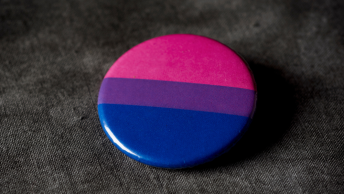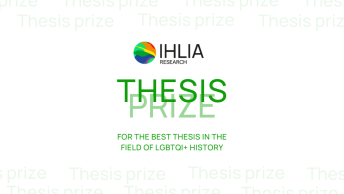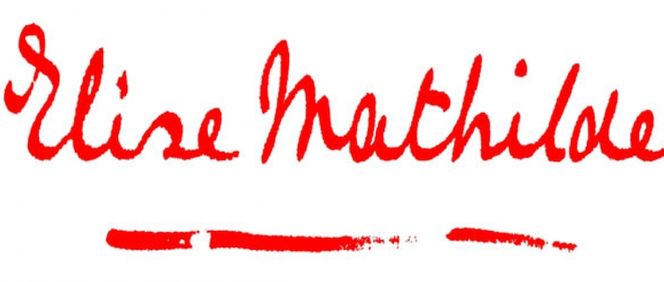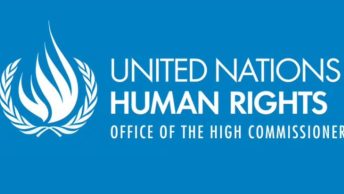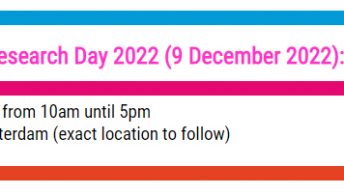In the past few months Utrecht University (UU) has been developing a conversation on the global COVID-19 pandemic with a group of international partners initiated by professor David Oppenheimer (Berkeley, Centre on Equality and Discrimination Law). These conversations resulted in the design of a course which will be taught globally.
Utrecht will be hosting the course by means of a NOG course in co-operation with the UU Hub Gender & Diversity.
Participants are invited to join the course and agree on the intensity and amount of credits in conversation with the UU teachers Linda Senden (Law Faculty) and Rosemarie Buikema (Gender Studies). Both offer the option to participate for 2,5 EC, 5 EC or 7,5 EC depending on the amount of sessions in which you have participated and the amount of blogs written. See below the description of the programme sofar.
Just send an email to nog@uu.nl for further information and subscription to the course. The deadline for registration is August 27, 2020. The first session is scheduled September 17. The syllabus and further information will be sent after the summer break.
About the course
COVID-19 and Global Inequalities– Course Description
The COVID-19 pandemic has taken hundreds of thousands of lives and caused millions of people to lose their jobs and/or businesses. Its impact has been global, and it is commonplace for people to say, “we’re all in this together.” We’re not. In fact, the impact has been disproportionately felt by people who are already disadvantaged by reasons of race, ethnicity, gender, disability, poverty, age, and intersections of disfavored identity. This online multi-university law course will explore the global impact of the COVID-19 pandemic on members of disadvantaged communities through the lens of equality law.
Topics of discussion are still under consideration, but will tentatively include:
- Introduction to instructors and topics. (August 13/14) (all classes will be recorded for those institutions that have not yet started classes)
- Theories of equality. (August 20/21)
- Sources of equality law (August 27/28)
- Gender. (September 3/4)
- Race and racism, including issues of police misconduct. (September 10/11)
- Intersectional inequality. (September 17/18)
- Poverty. (September 24/25)
- Domestic Violence. (October 1/2)
- Incarceration (October 8/9)
- Low wage workers (October 15/16)
- Migrants. (October 22/23)
- Persons with disabilities (October 29/30)
- Age (November 5/6)
- LGBTQ+. (November 12/13)
- Indiginious People (November 19/20) (last day for Berkeley students)
- TBD (November 26/27) (Repeat topic from class )
- TBD (December 3/4) (Repeat topic from class )
- TBD (December 10/11) (Repeat topic from class )
- TBD (December 17/18) (Repeat topic from class )
(No class meetings on December 24/25 or 31)
TBD (January 7/8) (Repeat topic from class __)
We can look at the syllabus as having three periods:
P1: early arrivals (Argentina, Berkeley, Brazil, Colombia, …)
P2: Everyone together
P3: early departures



